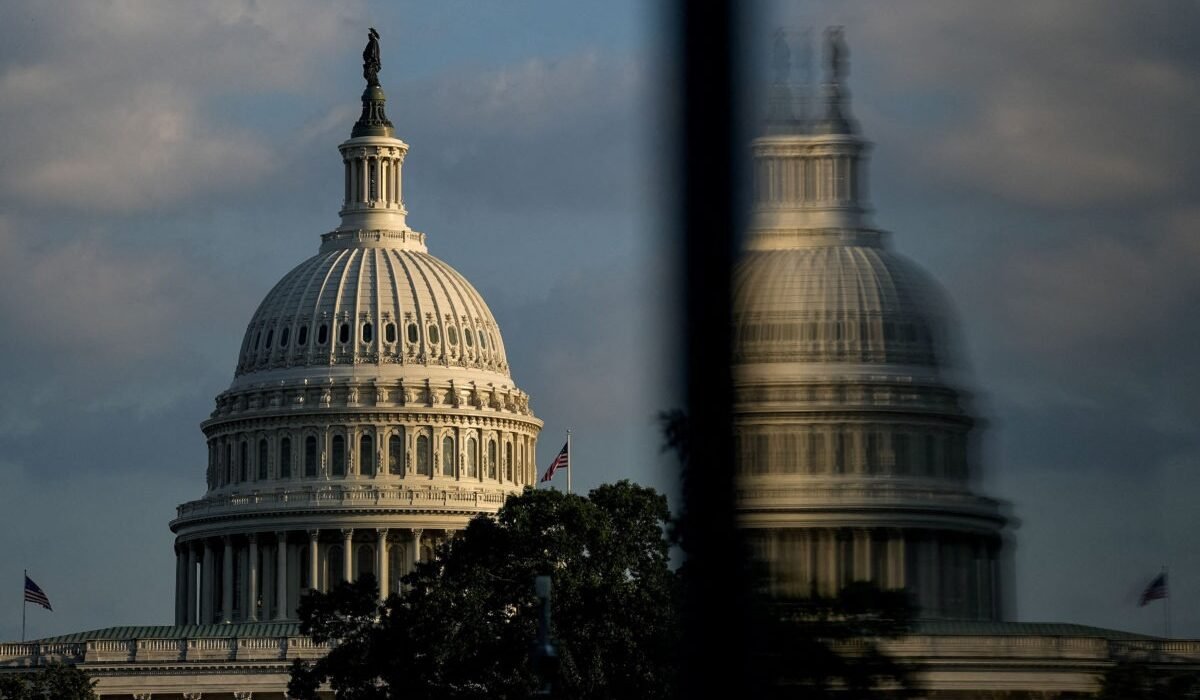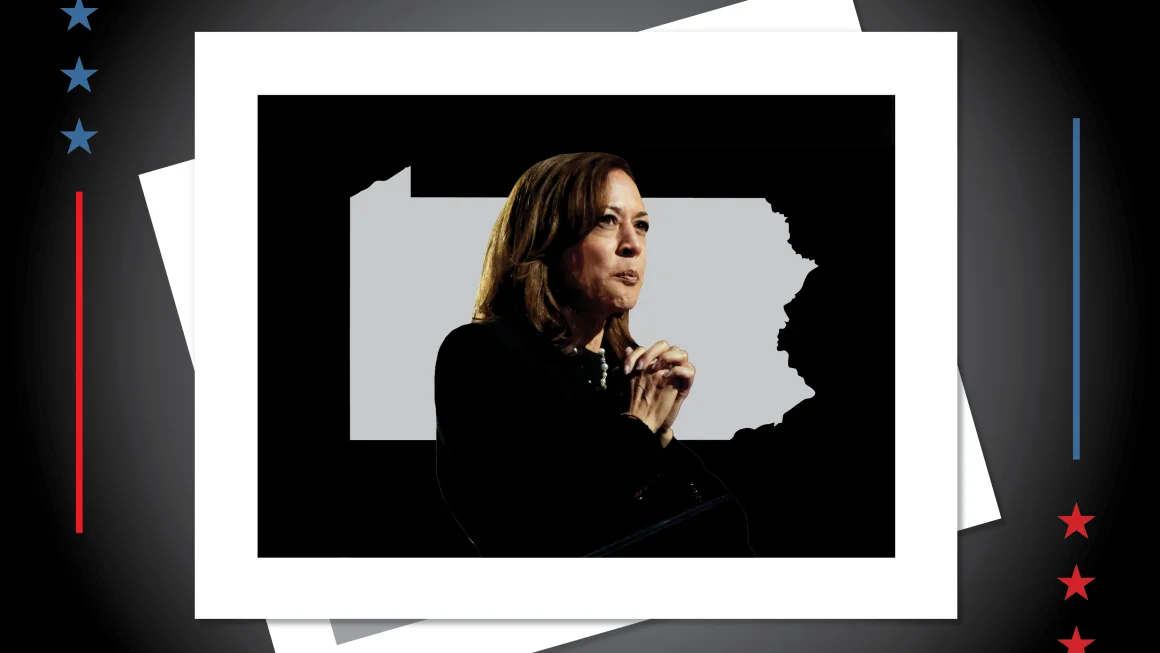Currently, the CPB helps support more than 1,500 locally owned NPR and PBS member stations. Despite decades of educational content, public radio, and cultural programming, the Corporation for Public Broadcasting (CPB)—the organization that funds PBS and NPR—is now set to begin shutting down. A controversial budget package was passed by Congress, backed by Trump.
What’s Driving the Shutdown?
A sweeping rescissions package moved through Congress, targeting billions in federal spending. Among the provisions: a $1.1 billion claw-back intended for public media funding. In May, President Trump signed an executive order halting CPB funds to PBS and NPR, calling public broadcasting biased and unnecessary. Later, the Senate Appropriations Committee’s fiscal 2026 bill excluded CPB funding for the first time in its history. Patricia Harrison, CPB’s president and CEO, responded with a statement:
“Despite the extraordinary efforts of millions of Americans who called, wrote, and petitioned Congress to preserve federal funding for CPB, we now face the difficult reality of closing our operations.”
Meanwhile, Katherine Maher, NPR CEO, warned that defunding public radio poses “a real risk to the public safety of the country,” particularly as roughly half of some stations’ budgets come from federal support.
Is PBS Shutting Down or Is NPR Shutting Down?
Technically, PBS and NPR national networks are not shutting down immediately. However, the removal of federal support for cpb shutting down pbs and npr shutting down risks crippling the entire system. Many local public broadcasting stations—especially in rural areas—depend heavily on CPB funds for operational support, emergency alerts, and original local journalism. Without it, many face drastic cuts or closure.
Although NPR has pledged to redirect $8 million to help affiliate stations survive the transition, insiders say private donations and sponsorships alone won’t bridge the gap.
What Does This Mean for CPB, PBS, NPR?
| Topic | Status |
| Corporation for Public Broadcasting (CPB) | Ordered to shut down operations; mostly closed by Sept. 30, with a transition team through January. |
| PBS and NPR national programming | Continuing, though affiliate stations face serious threats. Programs like PBS NewsHour remain on air. |
| Local stations | Over 1,500 PBS/NPR stations risk layoffs, service cuts, or permanent closure. |
Why It Matters
For nearly sixty years, public broadcasting (radio and TV) has been a go-to source for educational content, emergency alerts, and noncommercial journalism. CPB played a crucial role in nurturing institutions like PBS Newshour, NPR’s All Things Considered, and iconic cultural programs such as Sesame Street and Mister Rogers’ Neighborhood. Public media serves many communities overlooked by commercial outlets—especially in rural and indigenous areas. Losing CPB means losing vital local coverage, cultural programming, and community connection.
Political Context: Targeted by Trump Throughout this saga, Trump’s politicization of public broadcasting has been front and center. He has repeatedly labeled CPB a “monstrosity” and accused PBS and NPR of liberal bias. Executing a campaign of executive orders and board firings—along with federal lawsuits—his administration made defunding public media a central agenda item.
What Comes Next?
- CPB will begin an orderly wind-down, laying off the majority of its ~100 staff by September 30, 2025, while a small team remains to handle legal and financial wrap-up until January 2026.
- At PBS, “PBS Newshour” reassured viewers: “We are not going anywhere,” pledging to maintain independent journalism.
NPR’s editor-in-chief later stepped down amid the crisis, intensifying concerns about station leadership and sustainability.
The Bottom Line
The announcement that the Corporation for Public Broadcasting is ending operations marks a seismic shift in American media. While PBS and NPR national entities remain active, their lifeblood—local stations backed by CPB—is facing the most severe crossroads in history. This moment is more than a fiscal decision—it’s a decisive political move with deep implications for public access to news, education, and independent media across the country.





